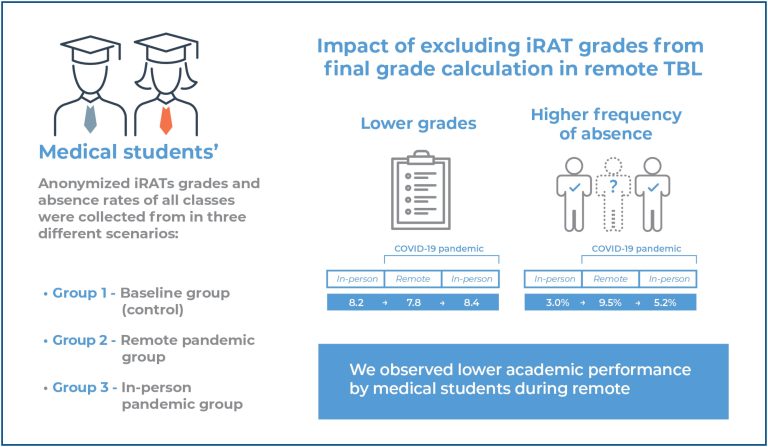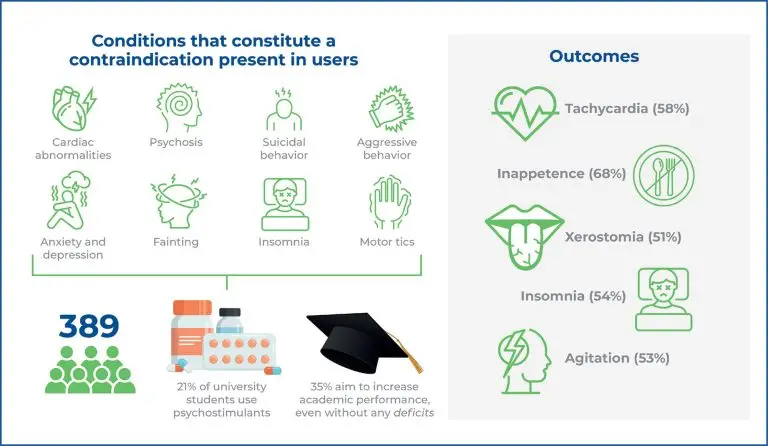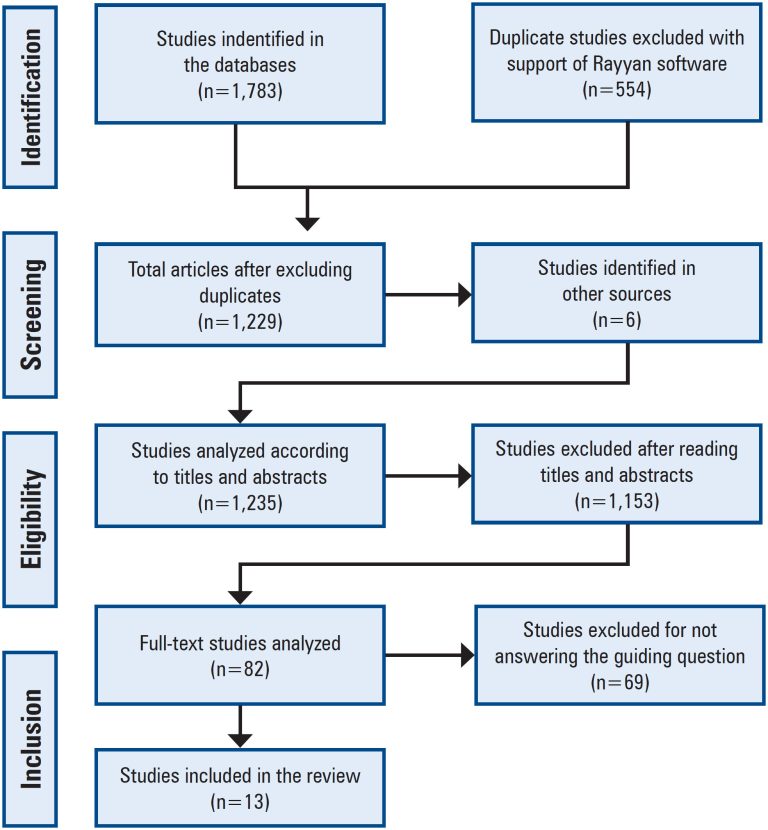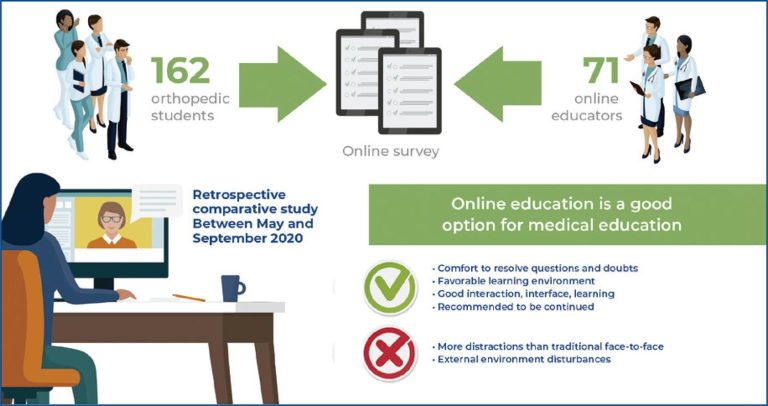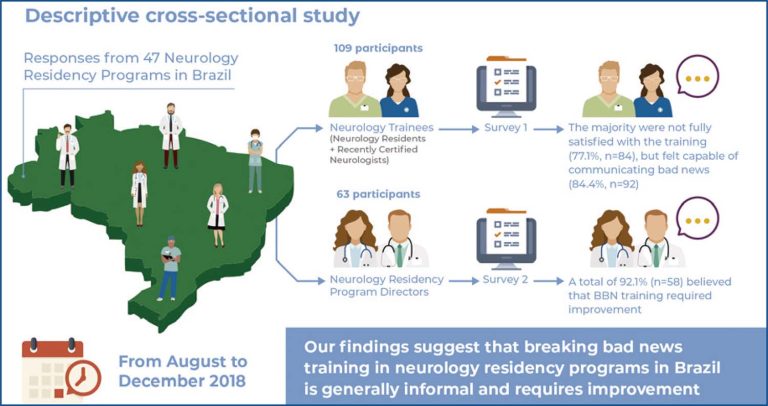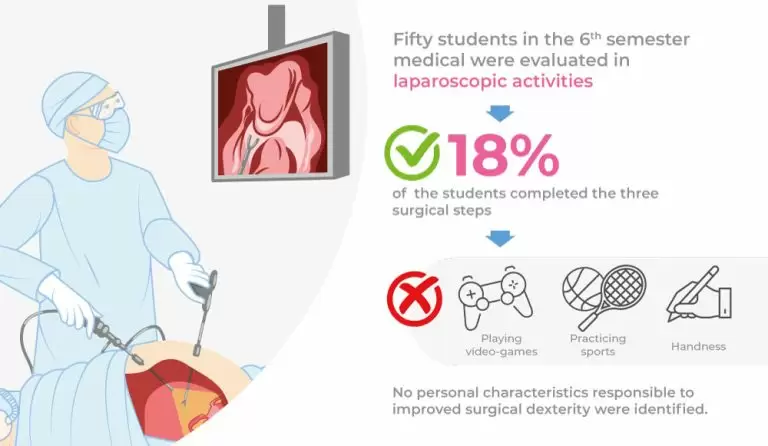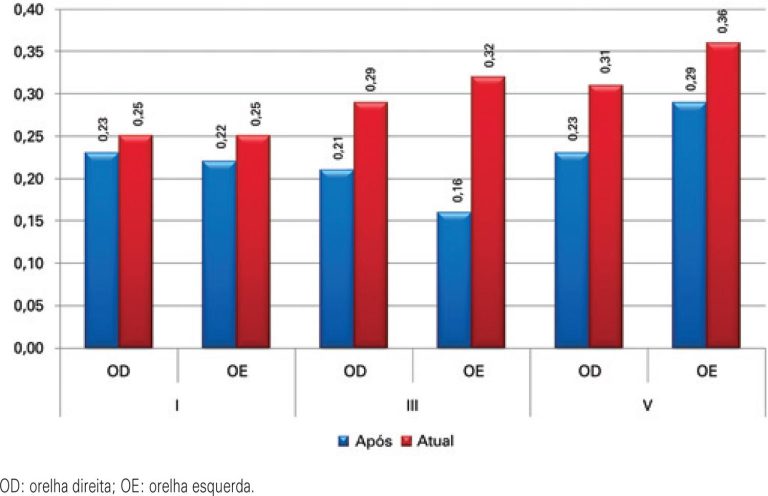24/jan/2025
Remote team-based learning during COVID-19: lower academic performance is associated with the exclusion of test grades from final grades
einstein (São Paulo). 24/jan/2025;23:eAO1007.
Ver Artigo24/jan/2025
Remote team-based learning during COVID-19: lower academic performance is associated with the exclusion of test grades from final grades
DOI: 10.31744/einstein_journal/2025AO1007
Highlights ■ Remote team-based learning sessions were conducted during the COVID-19 pandemic, and their grades were not included in the final course grade calculation. ■ Remote team-based learning resulted in lower iRAT grades than in-person team-based learning, independent of the semester. ■ Remote team-based learning resulted in more students failing the test than in-person team-based learning. ■ Remote team-based learning resulted in lower student attendance than in-person team-based learning. ABSTRACT Introduction: The COVID-19 pandemic necessitated a shift from in-person to […]
Palavras-chave: Academic performance; Avaliação educacional; Group process; Aprendizagem; Problem-based learning; School, medical; Estudantes de Medicina; Team-based learning
18/nov/2024
Adverse events and safety concerns among university students who misused stimulants to increase academic performance
einstein (São Paulo). 18/nov/2024;22:eAO0895.
Ver Artigo18/nov/2024
Adverse events and safety concerns among university students who misused stimulants to increase academic performance
DOI: 10.31744/einstein_journal/2024AO0895
Highlights Psychostimulant use in the studied population revealed the following: ■ Lack of a valid diagnosis, unsupervised use, drug interactions, and adverse effects. ■ Concomitant use of alcohol and drugs and contraindications such as depression/anxiety. ■ Acquisition without prescription and use to improve academic performance. ABSTRACT Objective: To evaluate psychostimulant drug use among academics in the health area of a higher education institution in Minas Gerais, Brazil. Methods: We conducted an online cross-sectional study of 389 university students from various […]
Palavras-chave: Academic performance; Estimulantes do sistema nervoso central; Interações de medicamentos; Health sciences; Illicit drugs; Aprendizagem; Performance-enhancing substances; Prescription drugs; Estudantes de odontologia; Universities
11/abr/2024
Implications of clinical simulation in motivation for learning: scoping review
DOI: 10.31744/einstein_journal/2024RW0792
ABSTRACT Objective: To identify, synthesize, and analyze the scientific knowledge produced regarding the implications of using clinical simulation for undergraduate nursing or medical students’ motivation for learning. Methods: The search for articles was conducted between July 28 and August 3, 2022, on the PubMed/MEDLINE, Scopus, Web of Science, and SciELO databases. The following was used for the search: P – undergraduate students attending Nursing or Medicine courses; C – motivation for learning, and C – skills and clinical simulation laboratory. […]
Palavras-chave: Educação médica; Educação em enfermagem; Aprendizagem; Learning health system; Motivação; Treinamento por simulação
25/jul/2023
Changes in the methodology of medical teaching due to the COVID-19 pandemic
DOI: 10.31744/einstein_journal/2023AO0101
Highlights Teaching method preferences of medical students 162 and teachers 71 were evaluated. Both groups showed high satisfaction and a sense of learning in virtual classes. The virtual method resulted in worse retention of attention. The virtual method also showed higher interference from the external environment. ABSTRACT Objective To evaluate the perceptions of students and teachers regarding remote teaching modality in comparison with the traditional face-to-face method. Methods In this observational, retrospective, comparative, single-center study, questionnaires containing three major […]
Palavras-chave: COVID-19; Educação a distância; Educação médica; Aprendizagem; Motivação; Pandemics; School teachers; Estudantes de odontologia; Inquéritos e questionários; Ensino
30/mar/2023
Breaking bad news in neurology: assessing training, perceptions, and preparedness among residency programs in Brazil
DOI: 10.31744/einstein_journal/2023AO0036
Highlights • Neurology trainees and program directors recognized a lack of structured breaking bad news training. • Program directors reported that many factors hinder the implementation of breaking bad news education. • Trainees felt capable of breaking bad news, but most did not have lectures, simulations, nor feedback. • Trainees acknowledged negative feelings when breaking bad news, including sadness and helplessness. ABSTRACT Objective We aimed to evaluate how breaking bad news training was implemented in neurology residency programs in Brazil […]
Palavras-chave: Comunicação; Educação; Internato e residência; Aprendizagem; Mentoring; Neurology; Inquéritos e questionários
09/nov/2022
Evaluation of laparoscopic skills in medical students
DOI: 10.31744/einstein_journal/2022AO0091
ABSTRACT Objective To evaluate the laparoscopic skills of medical students and identify personal characteristics in terms of greater easiness in performing laparoscopic surgical procedures. Methods This study included medical students in the 6th semester of a Medical School in Brazil who answered 10 questions concerning their habits and characteristics. A laparoscopic platform and an abdominal synthetic model were used to assess surgical skills comprising the three following surgical steps: to pass the needle through the trocar and to place it […]
Palavras-chave: Cirurgia geral; Laparoscopia; Aprendizagem; Destreza motora; Ensino
08/mar/2019
Capacitação em extração, perfusão e acondicionamento de órgãos para transplantes: perfil dos profissionais e análise de aprendizagem pós-curso
einstein (São Paulo). 08/mar/2019;17(2):eAO4445.
Ver Artigo08/mar/2019
Capacitação em extração, perfusão e acondicionamento de órgãos para transplantes: perfil dos profissionais e análise de aprendizagem pós-curso
DOI: 10.31744/einstein_journal/2019AO4445
RESUMO Objetivo Conhecer o perfil dos profissionais que atuam em captação de órgãos e analisar o resultado da aprendizagem daqueles treinados antes e após o curso de extração, perfusão e acondicionamento de órgãos para transplantes. Métodos Estudo retroprospectivo, quantitativo, analítico-descritivo do Curso de Extração, Perfusão e Acondicionamento de Fígado e Rim, no período de 2012 a 2014. Utilizaram-se o pré e o pós-teste estruturado em dez questões, que avaliaram o conhecimento sobre captação de órgãos. A associação do conhecimento com […]
Palavras-chave: Aprendizagem; Coleta de tecidos e órgãos/educação; Equipe de assistência ao paciente
11/dez/2015
Medidas comportamentais e eletrofisiológicas do processamento auditivo em traumatismo craniencefálico após treinamento auditivo acusticamente controlado: estudo de longo prazo
einstein (São Paulo). 11/dez/2015;13(4):535-40.
Ver Artigo11/dez/2015
Medidas comportamentais e eletrofisiológicas do processamento auditivo em traumatismo craniencefálico após treinamento auditivo acusticamente controlado: estudo de longo prazo
DOI: 10.1590/S1679-45082015AO3379
RESUMO Objetivo Investigar a eficácia de longo prazo do treinamento auditivo acusticamente controlado em indivíduos adultos após traumatismo craniencefálico. Métodos Foram estudados seis indivíduos audiologicamente normais com idades entre 20 e 37 anos, que sofreram traumatismo craniencefálico grave com lesão axional difusa, submetidos a um programa de treinamento auditivo acusticamente controlado aproximadamente um ano antes. Foram comparados os resultados obtidos nas avaliações comportamental e eletrofisiológica do processamento auditivo imediatamente após o treinamento auditivo acusticamente controlado e a reavaliação, um ano […]
Palavras-chave: Aprendizagem; Estimulação acústica; Plasticidade neuronal; Transtornos da percepção auditiva; Traumatismos encefálicos/complicações
01/abr/2014
Efeito de aprendizagem de testes cognitivos computadorizados em idosos
DOI: 10.1590/S1679-45082014AO2954
Objetivo Avaliar o efeito da aprendizagem nos testes cognitivos computadorizados em idosos da comunidade. Métodos Estudo transversal, com 20 idosos – 10 mulheres e 10 homens, com média de idade de 77,5 (±4,28) anos. Os voluntários realizaram duas séries em sequência de testes cognitivos computadorizados e seus resultados foram comparados. Os testes aplicados foram: Trail Making A e B,Spatial Recognition, Go/No Go, Memory Span, Pattern Recognition e Reverse Memory Span. Resultados Houve efeito de aprendizagem na comparação dos resultados somente […]
Palavras-chave: Aprendizagem; Diagnóstico por computador; Idoso; Testes neuropsicológicos


